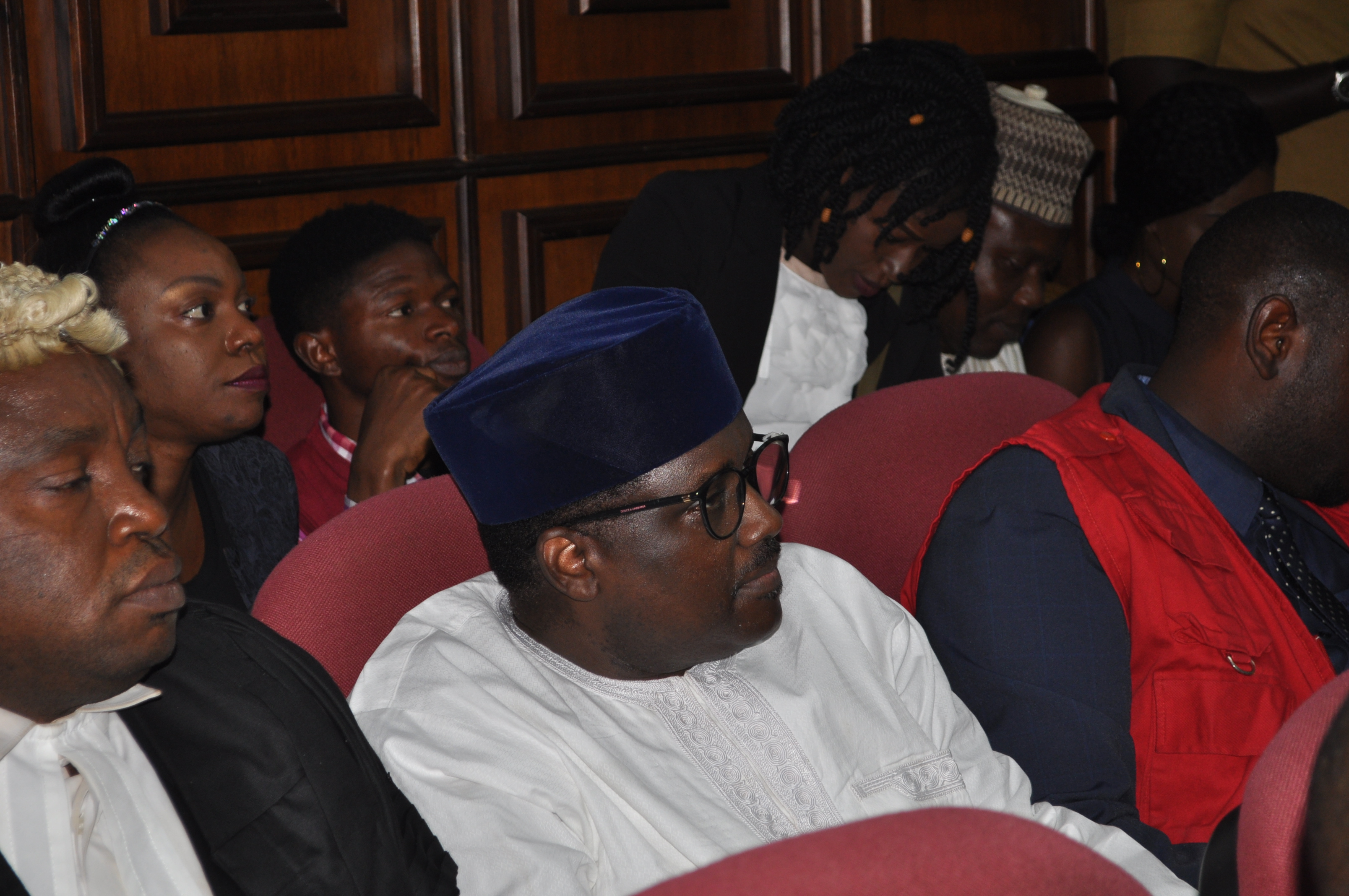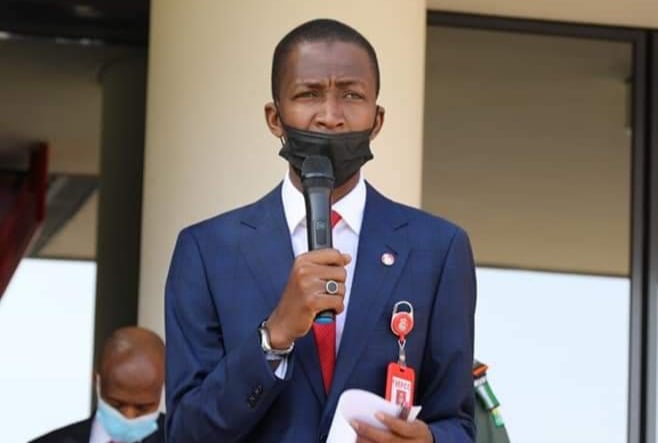The Economic and Financial Crimes Commission (EFCC) has asked John Tsoho, the chief judge of the federal high court (FHC), not to reassign Abdulrasheed Maina’s case to another judge.
According to NAN, the EFCC also asked Tsoho not to transfer the trial of Faisal, Maina’s son, and few other cases to a new judge.
Maina was arraigned before Okon Abang on October 25, 2019 by the EFCC alongside his firm, Common Input Property and Investment Limited, but he pleaded not guilty to a 12-count charge of money laundering to the tune of N2 billion.
Abang is also the presiding judge in the trial of Maina’s son.
Advertisement
But on March 16, Tsoho in a circular ordered a mass transfer of judges in the 36 divisions of the court and directed the newly posted judges to assume duty in their reassigned places on April 12.
Abang was transferred to Warri division, and D.U. Okonkwo took over from him.
But on April 9, soon after the exercise, the judiciary Staff Union of Nigeria (JUSUN) went on a 64-day strike to demand financial autonomy for the judiciary.
Advertisement
JUSUN, however, suspended its strike on June 9.
The development disrupted court proceedings in the country, forcing the EFCC to apply to Tsoho for a fiat to allow Abang conclude some of the cases he started, including Maina’s matter.
When a judge is transferred before delivering judgment in a case, the case will have to start afresh if another judge takes over.
The case can, however, continue only where parties in the suit apply for a fiat to allow the presiding judge to conclude the matter irrespective of his or her new posting.
Advertisement
The judge then has to come from his current division to hear the case.
A source at the EFCC office told NAN that since Maina’s trial had gone far, it would only be in the interest of justice for Abang to conclude the matter.
“He (Maina) has been arraigned, we have called all our witnesses and the defendant (Maina) has opened his defence,” the source said.
“So it will only be proper for the presiding judge to conclude the trial to guard against delay in justice.”
Advertisement
Add a comment





